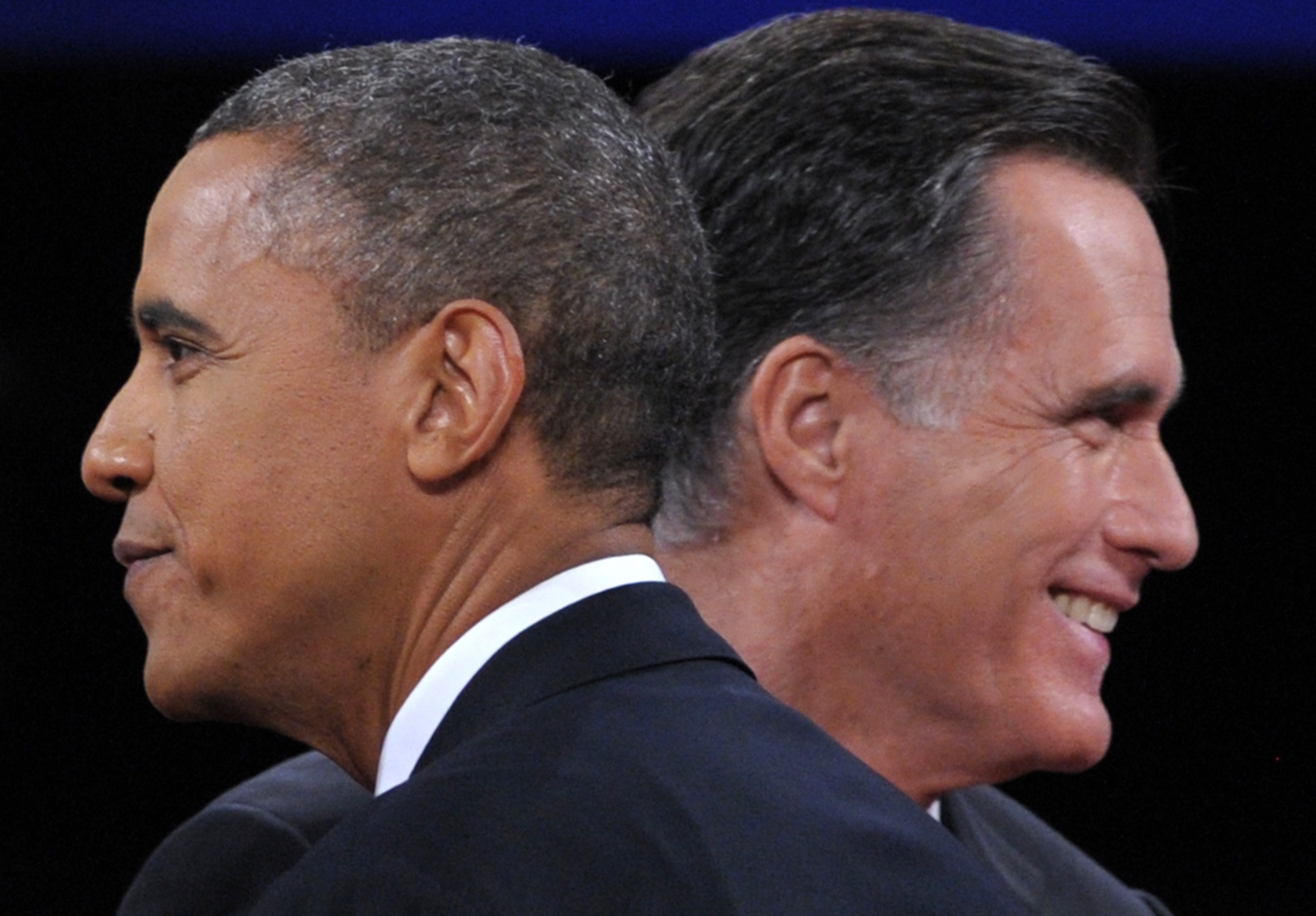Independent Film Festival showcases the best of Egyptian and British Indies
Last Tuesday the British independent film producer Mark Booth from B3 Media Productions – a nonprofit media arts production organization supporting ethnic filmmakers and digital artists – was the guest speaker at the opening of the British Council’s first independent film festival.
Film lovers and journalists flocked to the small auditorium. The majority of the Egyptian offerings were screened before in previous festivals and cultural centers. But the British films, all produced by B3, were being showcased for the first time in Egypt.
Although it would seem that the British films are coherent group since they all feature non-British protagonists and their experience in an alien land, each one of the shorts revolves around a different theme. They use a distinctive cinematic approach and a vision that transcends the tiny budgets of their productions.
Comfort Within, is a claymation film about child with a stomach that has eyes, a mouth and a nose searching for food. The film has no particular message, but it s entertaining and visually impressive.
Mash Up is the gritty, sometimes foul, story of a young hoodlum whose violent attitude and drug abuse conceals a sense of unobtrusive loss and loneliness. The film is an ode to the great British filmmaker Ken Loach s Kes, Sweet Sixteen and his other unflinching films that examine the lives of young ghetto residents. The last scene in the film, where the young man finds himself in ER stuck between life and death via hallucinating sequences, is disturbing yet riveting.
Adam Hutchings and Omelihu Nwanguma s Seeker, on the other hand, feels like a short episode from Stephen Frears Dirty Pretty Things about the horrors illegal immigrants face in Britain.
Like Frears lead character, Seeker s Olu is a man who left his respectful, prominent career as a computer engineer in his home country for a modest, inferior profession that cannot fulfill the dreams associated with this promised land.
The best film of this bunch though is Robert Samuels Zoltan the Great. This charming, heartwarming tale tells the story of Zoltan, an old circus performer. Only Vanya, a young foreign woman with excessive facial hair, believes in him and thus the old man is motivated to carry out his cannon-ball trick, where he gets fired from it, one last time.
Although the film had a $15,000 budget, it looks dazzling the story tackles the notions of aging, faith, magic and love inventively. This is easily the best film screened this year.
The Egyptian collection was a mixed bag. None of the films came close to equaling the majesty of Zoltan although, one has to admit, some of these movies are exceptionally promising. They gave a focused, clever and a different vision from commercial films.
Self-taught first-time director Maggie Morgan s Menhom Feehom (Their Stories), the film that took this year s Women Film Festival by storm, was among the highlights of the Egyptian selection.
It is a highly sensitive and sometimes vexing study of six different women with six different stories. Menhom is a group of snapshots of Egyptian women from different classes and social backgrounds with ordinary lives. Through Morgan s prism, the film demonstrates how extraordinary these women are.
The scenes that feature the couple in the first segment shot in Alexandria are particularly poetic, compelling and rank among some of the finest images in any Egyptian film shown this year. Morgan revealed that her next film will be a documentary about a village in Upper Egypt that has witnessed more than 20 suicides in a short period of time.
Mohamed Hammad s Centeral (Call Center) was the most controversial movie of all, and is becoming something of a cult-favorite.
It is a fearless account of disintegrated lives of call-center users, observed by a young veiled single woman who spies on their calls. Centeral is one of the first Egyptian films with a heavy dose of profanity. The stories, which are quite disturbing, include a monaqaba (a woman wearing the face-veil called the niqab) sleeping with one of her fanatic husband s best friends who s also cheating on her; and a Coptic middle-aged man who sexually harasses female restaurant workers on the phone. The film may not be polished enough, as the link that binds these intertwining storylines is thin and confusing in parts, yet it remains a powerful work whose merits outweigh its minor flaws.
Mohamed Mohsen s Rakam Kawmy (ID Card) was another standout. Based on a short story by the late novelist Yousef Idris, the original short film is about a man who presumes he s dead, as he seems to be invisible to everyone around him. It is a harsh portrayal of the fatal meaninglessness of the average lower-class Egyptian citizen from an almost metaphysical/symbolic perspective.
Mohamed Shawky s beautiful Hanin (Nostalgia) is also worth noting, especially for the late Magda El Khateeb s poignant performance as an old music teacher visited by her favorite former students for the first time in years.
The quality of some of the other films range from average down to poor or plainly insignificant. Mona Makram s El Rehla (The Trip) is a futile, redundant take on Stanley Donnen s Two for the Road.
It is about an insecure, jealous man confronting his wife with his qualms on a trip to an undisclosed vacation spot.
Even worse is Mohamed Rashed s Maxim, a long and convoluted story of an aging Greek man reminiscing about the past with a younger friend. The film looked promising at first before sinking into ambiguous storylines, unexplained relationships and displaced fantasies.
Most disappointing was Ahmed Khalifa s 90-minute English Wingrave, a horror/psychological thriller/murder mystery which does not feature any of the elements to conjure up a remotely successful genre piece.
The titular hero of the film is a medium hired by a young woman to a brother who died recently in mysterious circumstances.
Unlike the films of Hitchcock, Lynch and John Carpenter that influenced Khalifa s film, Wingrave presents no solid expositions. That is perhaps the reason why the payoff is too predictable to have the right impact. Uninspired cinematography and poor editing, coupled with sub-par acting took their toll on this over-ambitious work.


